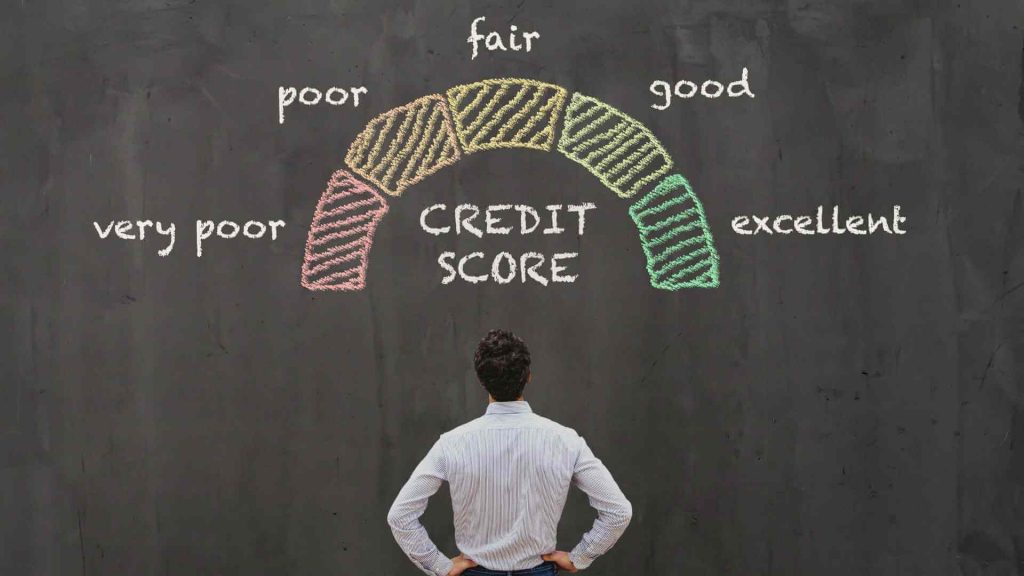April 2, 2024
Credit scoring explained and how to improve your credit score

Credit scoring tells the lender how likely you are to pay back your debt based on your previous conduct. Therefore, applying for credit from a lender will include assessing your credit score. You may wonder, “What do you mean by credit scoring?” A credit score considers many factors, including whether or not you’ve defaulted on debt owed before now.
The good news is that there are ways to improve your credit score and they don’t have to be expensive or impossible.
What is a good credit score?
Credit scores range between 300 and 850. The higher your credit score is, the better. A high credit score will also mean you can get better loan deals, more capital when needed and better interest rates.
Credit scoring falls into the following categories:
-
- Very Poor: 300 – 499
-
- Poor: 500 – 600
-
- Fair: 601 – 660
-
- Good: 661 – 780
-
- Excellent: 781 – 850
Many online services can help you pull your credit report (like Debtline) and learn more about credit scoring.
How is a credit score calculated?
Many different factors will affect your credit score. These are points a credit bureau looks at when calculating your individual score.
- Debt repayment history – bad or good
- Amount of debt you currently owe
- Types of credit you’ve applied for
- How long you’ve had good credit and accounts
- How much of your available credit you’re using every month
Bad debt is one of the harshest deciding factors that can cause your credit score to plummet. If you find yourself struggling to repay your debts and notice that you can no longer apply for loans or receive credit, this is probably due to a bad score. Thankfully, you aren’t alone.
Debtline can help you take control of your credit score by paying off all of your bad debt. Contact our team of debt counsellors and rebuild your credit score once more.
3 Tips for improving credit scoring
If you’ve decided to keep an eye on your credit score and want to improve the number you see, here are a few tips for doing just that.
- Make your payments – Don’t avoid paying debt, and don’t let your debt overwhelm you. It’s important to always pay your monthly obligations on time. Even late payments can have a negative impact on your credit score.
- Balance how much you owe vs how much you use – Referred to as your “credit utilisation rate”, this is the ratio of how much debt you currently owe vs how much you use regularly. If you can pay off your credit card and avoid using it again, this can go a long way. The more good credit you have to your name without actually using it, the faster your score will improve.
- Be patient – If you’ve spent a lot of time creating bad debt and lowering your score, it’s only natural that it will take time to improve. By following the steps above, your credit score won’t improve overnight but don’t be impatient. Instead, meet your debt responsibilities, and you’ll soon have a credit score to be proud of.
How to fix your credit rating:
Companies like Debtline assists people in recovering their fallen credit score by implementing regular monthly payment that they can afford. With recurring payments, your score steadily increases again. If instalments are managed and negotiated by an external source like Debtline, they can get you back on track in under 60 months.
Debt review is a reliable way of getting ahead of your debt with the help of expert advisors and relief programs tailored to your needs. Put your financial future in Debtline’s hands, and let us be your guide to living debt free.